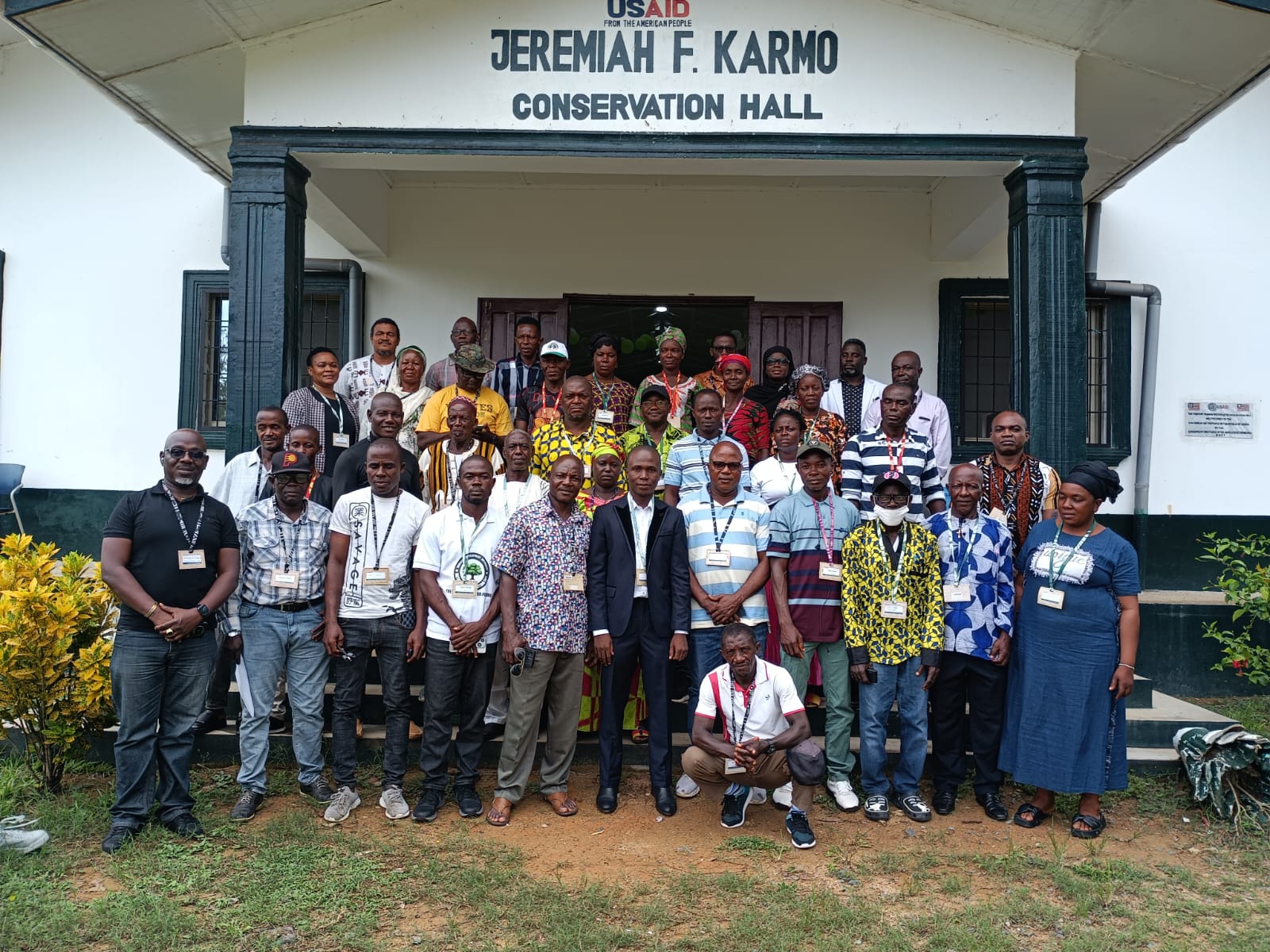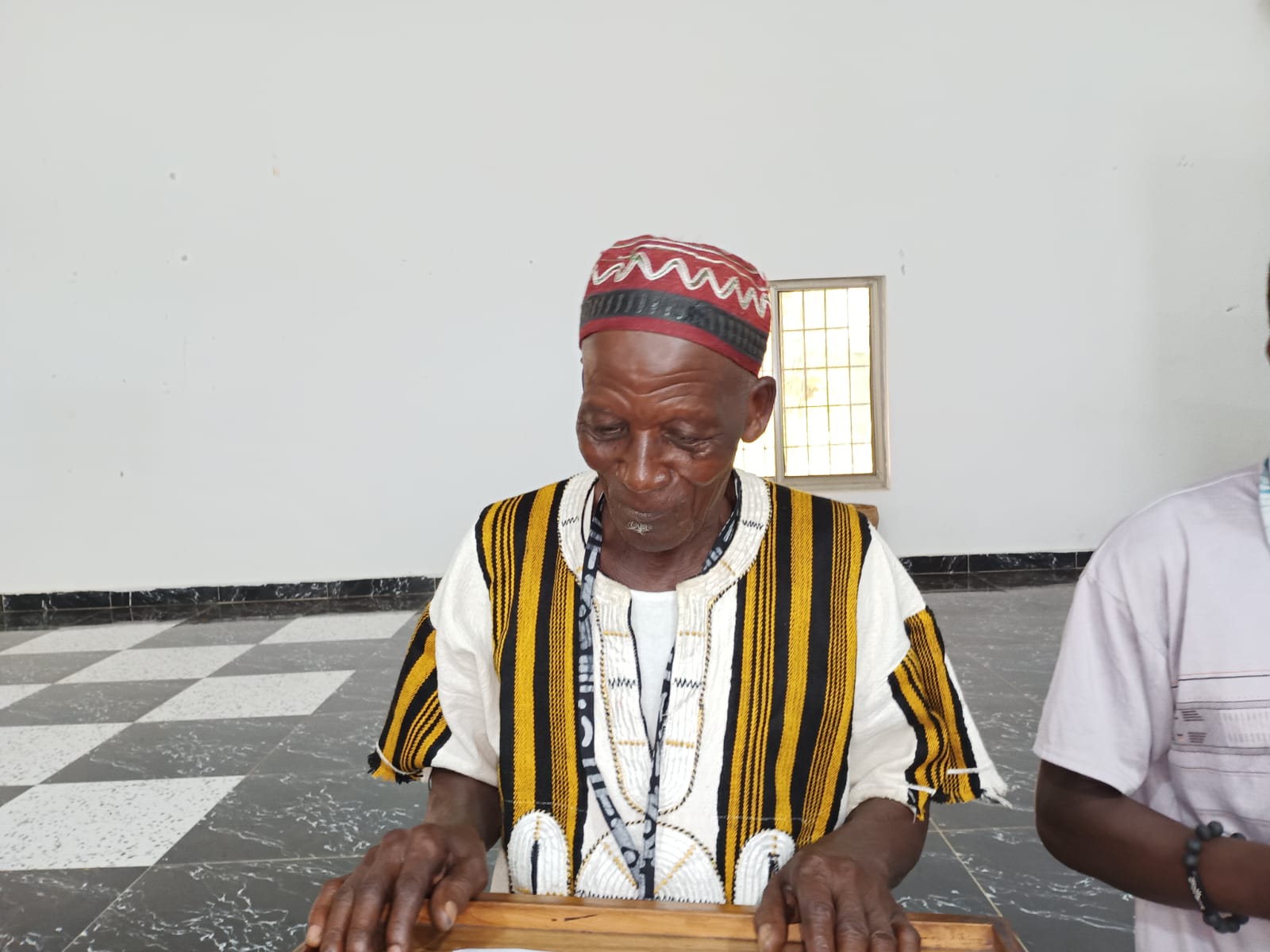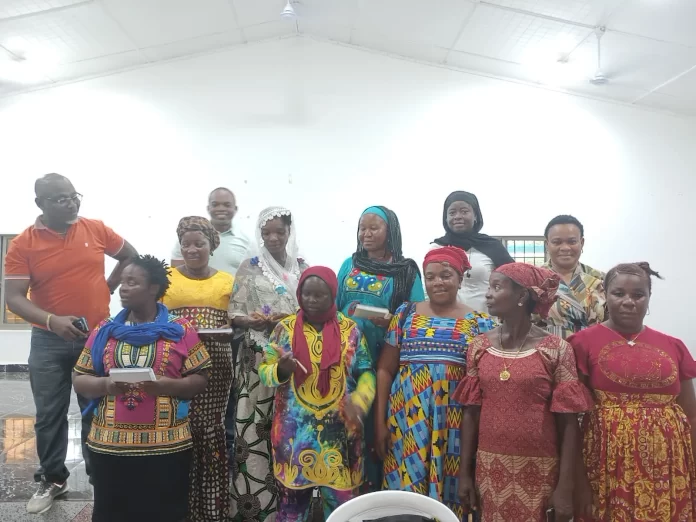The land tenure systems in West Africa are complex and multifaceted, and Liberia is no exception.
These tenure systems involve traditional, customary, and statutory laws to guide emerging economic development and conservation efforts in the sub-region, underscoring the true complexities of these systems.
Land tenure in Liberia is governed by statutory and customary laws that influence one another and are sometimes contradictory. For example, while statutory law recognizes the rights of people to apply their traditions and norms in governing their land and upholds the rights of women to own land, customary tenure sometimes discriminates against women’s land ownership.
Ensuring equitable land tenure and rights is crucial for sustainable land management, promoting food security, and guaranteeing that communities around forest landscapes can have equal, transparent, and coordinated access to forest resources.
To advance the establishment of equitable land tenure rights for all, a USAID-funded West Africa Biodiversity and Low Emissions Development (WABiLED), a four-year climate change program recently supported and facilitated three landscape-level workshops involving traditional leaders, women’s organizations, local government authorities, and private sector representatives. The discussions focused on access to land and natural resources and land tenure security for all three critical Liberian landscapes: Gola, Grebo-Krahn, and Wonegizi-Wologizi.
Many residents in these communities primarily have agrarian or natural resource-based economies.

WABiLED aims to ensure gender equity, youth participation, and social inclusion in land tenure. This will enable a decision-making process that enhances economic growth, attracts donor support, encourages sustainable investments, and guarantees natural resource stability.
WABiLED presented the findings of a land tenure situational analysis that included a review of customary land tenure policies and practices, with particular attention to impacts on vulnerable groups in the landscape.
The study provided a foundation for discussing actionable solutions to improve land tenure systems and support local communities. The role of the private sector and green enterprises in land tenure was also explored, emphasizing the importance of collaboration between the private sector and local communities for sustainable development and to ensure the equitable distribution of land and the many benefits that flow from it.
The workshops also provided an opportunity to identify and prioritize the capacity-building and awareness-creation needs of communities and customary land governance institutions. Additional information would enable community leaders and members to proactively and effectively address issues of socio-economic and policy-related land tenure.
Community Asset Harmonization
One of the main issues discussed at the workshops was the lack of clear customary boundary demarcation, which remains a significant problem. Traditional leaders used the three separate workshops to seek the government of Liberia’s prompt intervention through the Liberia Land Authority (LLA) and its partners to address this issue.
“We need to establish boundaries like during Tubman’s era. We have boundary issues with the people of Gbarpolu, part of Lower Lofa. The boundary issue must finally be settled so the law can be obeyed. Land disputes can lead to conflict, so the government and its partners must resolve this to promote development.”
-Chief McGill Wureh, Gbarpolu County Paramount Chief-
“We, the traditional leaders, are custodians of the land. The government needs to punish people who encroach on the land and violate the land rights law,” said Chief James Saydee of River Gee County.
According to them, there are no harmonized boundaries among forest-edge communities around Protected Areas (PAs) and Proposed Protected Areas (PPAs) in these landscapes to avoid asset disputes.
Addressing the Tenure Gap
Dr. Yaw Adarkwah Antwi, a Land Tenure Expert engaged by WABiLED, reviewed existing land tenure policies and highlighted several gaps and inconsistencies. He proposed strategic recommendations to address land tenure issues in the three landscapes.
These recommendations included developing a comprehensive land rights database, handbooks detailing community-level land rights situations across landscapes, demarcating forest boundaries, drafting standard land leasing templates, and developing targeted strategies to address women’s land rights in communities adjacent to national parks and protected areas.
During various sessions, participants identified and outlined some high-value commercial forest products and their market linkages to ensure that harvesting them does not undermine land tenure and Liberia’s sustainable forest conservation approach.
During these sessions, participants listed forest products that can be harvested without harming the environment and sold for profit. They also provided information about the names of the buyers, where the products can be found, their high demand and usage, and the location of the buyers.
The workshop concluded with a call to action for all stakeholders to commit to promoting equal access to land and natural resources through continued dialogue and coordination in addressing land tenure challenges in the landscapes. Together, participants envisioned a future where everyone, regardless of background, could thrive on their rightful land, fostering harmony, prosperity, and stability.

A presentation by WABiLED’s Gender, Youth, and Social Inclusion (GYSI) Specialist Diana Ndego on the GYSI dimensions of land tenure revealed significant disparities in access to land and natural resources among marginalized groups and their effects on well-being. For example, while men have full ownership rights to land, women have conditional rights linked to their status as wives or daughters. This often excludes the right to inherit, control, sell, or transfer land.
As a result, a woman who does not have male children cannot inherit land when the husband dies. This increases women’s vulnerability to poverty and food insecurity within smallholder farm families/communities.
These issues were discussed in detail, and the people from the three landscapes pledged to work together to ensure that everyone has guaranteed land tenure rights, regardless of sex, ethnicity, religion, or economic status.

























